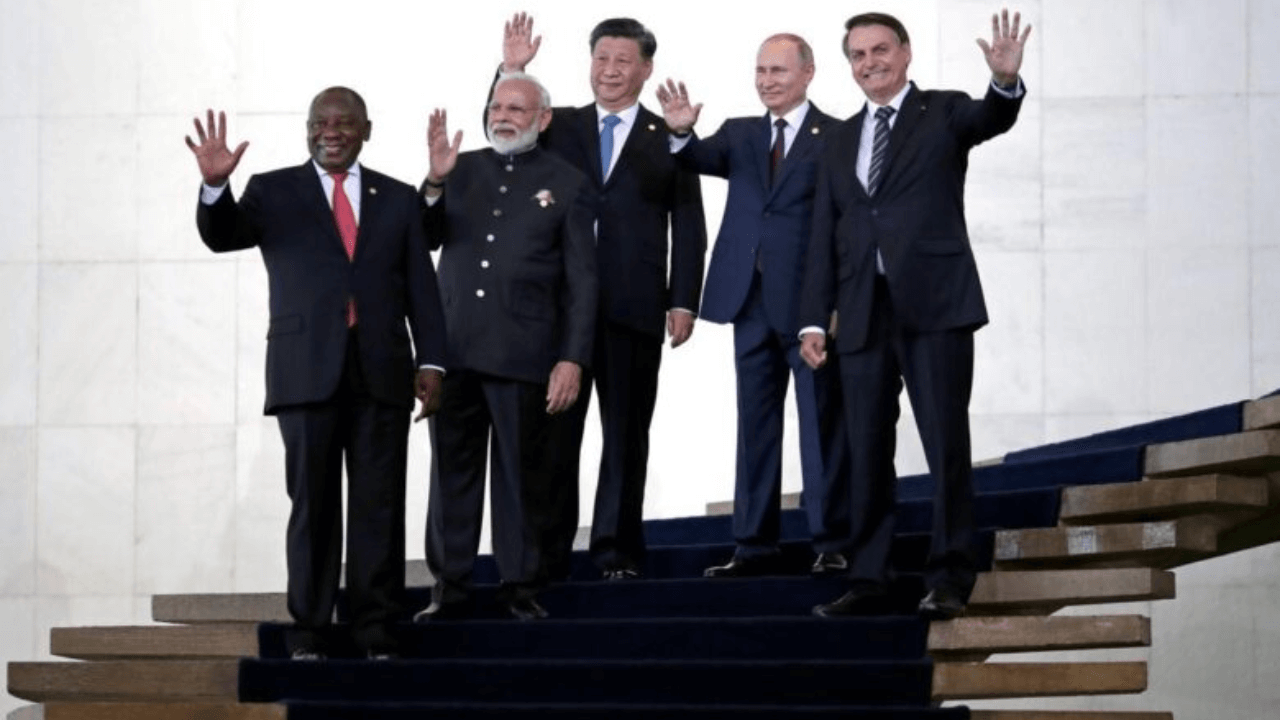Algerian President Abdelmadjid Tebboune recently announced Algeria’s formal application to join the BRICS group of nations. This strategic move aims to open new economic opportunities for the oil and gas-rich nation in North Africa while fostering stronger ties with countries like China.
Application for BRICS Membership and Contribution to BRICS Bank:
Algeria’s aspiration to become a BRICS member goes beyond submitting an application. The country has expressed interest in becoming a shareholder of the BRICS Bank and has pledged a significant contribution of $1.5 billion to bolster its position within the bloc. With a collective GDP representing around 26% of the world’s total and more than 40% of the global population, BRICS holds substantial economic influence on the international stage.
Growing Interest from Over 40 Countries:
Over 40 countries, including Argentina, Iran, Saudi Arabia, the United Arab Emirates, Cuba, the Democratic Republic of the Congo, Comoros, Gabon, and Kazakhstan, have shown interest in joining the BRICS group. This growing appeal underscores the alliance’s potential as an economic platform for cooperation and collaboration.
China’s Investment in Algeria:
During President Tebboune’s visit to China, it was revealed that China plans to invest a considerable $36 billion in Algeria across diverse industries such as manufacturing, new technology, the knowledge economy, transport, and agriculture. This substantial financial commitment further strengthens the economic ties between the two nations and supports Algeria’s efforts to diversify and modernize its economy.
An Overview of BRICS:
BRICS, an acronym for Brazil, Russia, India, China, and South Africa, represents five major emerging national economies from different regions of the world. Founded as “BRIC” in 2001, South Africa’s inclusion in 2010 expanded the group. BRICS aims to promote economic cooperation, facilitate political dialogue, and enhance strategic partnerships among member countries, accounting for approximately 23% of the global GDP and 42% of the world’s population.
BRICS Institutions and Activities:
BRICS established the New Development Bank (NDB) in 2014 to fund infrastructure and sustainable development projects, while the Contingent Reserve Arrangement (CRA) provides member countries access to financial resources during economic crises. The group engages in regular political and diplomatic dialogues to address global issues and strengthen international cooperation. BRICS fosters academic and cultural exchanges to promote mutual understanding and goodwill. Annual BRICS summits provide leaders with a platform to coordinate on mutual interests and serve as a counterbalance to Western-led global institutions, influencing the international economic and geopolitical landscape.
Conclusion:
Algeria’s application to join BRICS reflects its strategic intent to tap into new economic opportunities and build stronger partnerships with influential nations. As interest in the BRICS group grows from other countries, its role in shaping the global economy and politics continues to expand. The collaboration between Algeria and China in various sectors is expected to advance Algeria’s economic diversification and modernization efforts. Moving forward, BRICS’ collective impact will remain a pivotal force in shaping global dynamics.
- 3 August Current Affairs 2023 in English
- MoU Between Subroto Mukerjee Sports and Education Society and All India Football Federation (AIFF) to Promote Football at Grassroot Level
- Dr. Mansukh Mandaviya Delivers Keynote Address at the 13th Indian Organ Donation Day ceremony
- Education Ministry Forms Expert Panel on Anti-Discrimination in Higher Education
- Concerns Arise Over Cheetah Deaths at Kuno National Park
